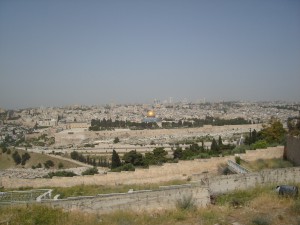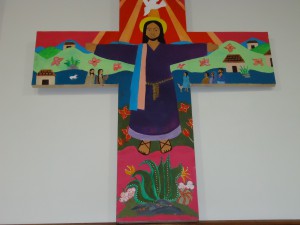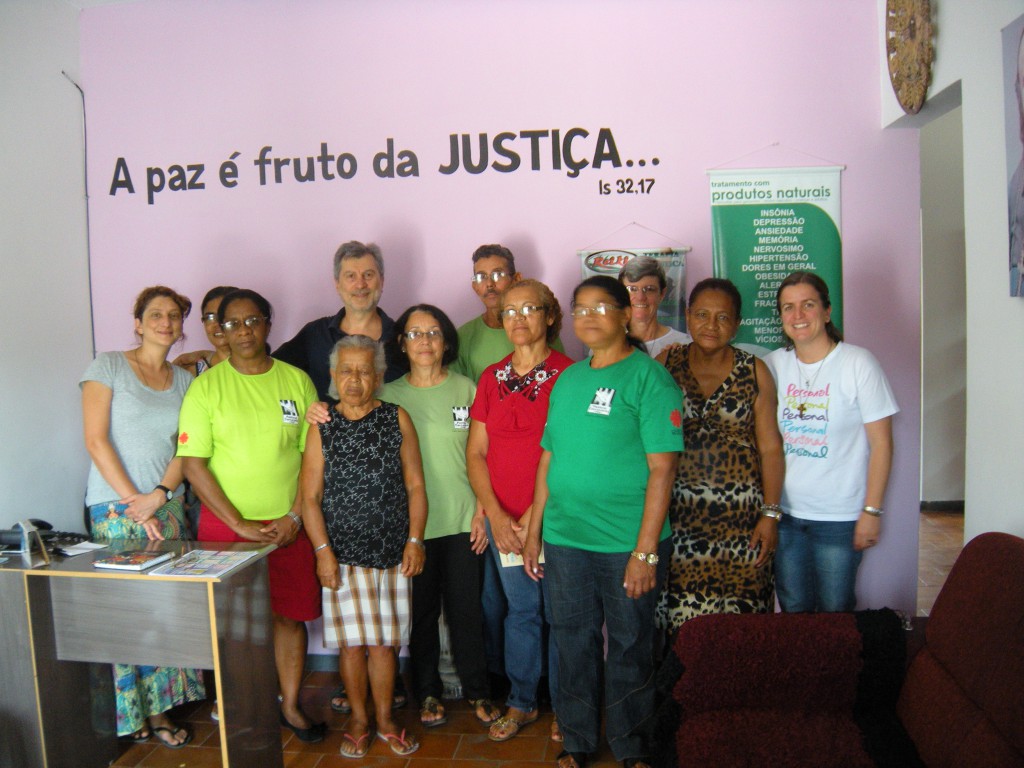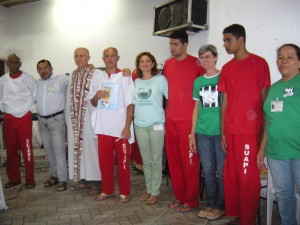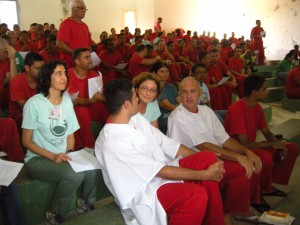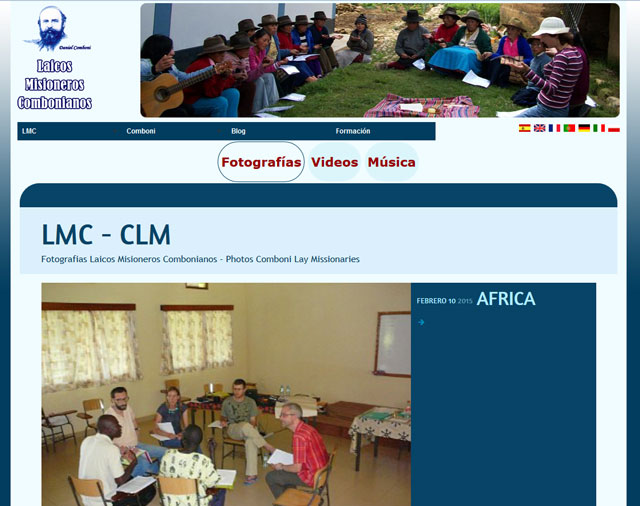A comment on John 3, 14-21: Fourth Sunday of Lent: 15th March 2015
In this fourth Sunday of Lent, we read a small part of John’s chapter three. This passage of John’s Gospel –and all the new Testament, as a matter of fact- can be understood only if we take into account the Hebrew Scriptures and traditions. Jesus and his disciples were Hebrews who believed that in Jesus’ humanity was incarnated and revealed the merciful love of God the Father. We, as Christian, walk on Jesus’ steps , praying the holy Spirit that He may make us understand that marvellous truth: that in Jesus Christ we meet the saving mercy of the Father.
Our meditation will follow three points:
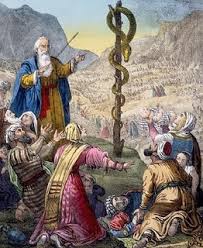 1.- The snake hoisted on a pole
1.- The snake hoisted on a pole
John tells us that Jesus (elevated on the Cross) is like the bronze serpent that Moses, on God’s command, hoisted on a pole, in order to heal the members of the People of Israel who were bitten by snakes. We can find this story in the book of Numbers, chapter 21. When the Israelites arrived at a certain place (lately bronze snakes were found there by researchers), tired of walking son much in quite difficult conditions, their patience was worn out, they got disappointed and started criticising bitterly God and his Prophet. To make things worse, snakes appeared biting de people and many died.
Before this fact, people acknowledged their wrong attitude, repented and asked Moses to intercede to God on their behalf. As an answer to his prayers, God commands Moses to make a bronze snake and to hoist it up on pole. Looking at that bronze serpent, people bitten by serpents would be healed… Some experts say that this is a tradition received from neigbour (pagan) people and that they adopted, somehow, against the pure faith of Israel.
The story, anyway, was useful to remember the sinful nature of Israel (once and again unfaithful to God) and the many ways God can use to be merciful to a people of sinners –even instruments apparently ridiculous or irrelevant.
As for me, this story reminds me of the many times that I am unfaithful to God. And it reminds me also of the small details, apparently irrelevant, that God uses today to help me out of my sins: a right word in the right time, an unexpected sickness, a piece of music… any small thing can help me to go back to the mercy of God.
 2.- Jesus Christ, the “snake” hoisted for our salvation
2.- Jesus Christ, the “snake” hoisted for our salvation
John makes a reference to this old story, but he does not intend to remain on it. He wants to lead us further and make a big jump in its meaning. He says that in the same way God made use of those bronze images of the killing snakes to restore the wounded, God uses an instrument of death (the Cross) as a means to reveal his mercy and give Eternal Life. Out of sin He is able to produce grace, out of rebellion He is able to produce the saving obedience of Jesus Christ. That is why we look to the Cross of Jesus. In it we see the sign of our sin, but at the same time we see the sign of God’s Mercy and infinite love. In this Mercy and Love we find peace, healing, courage… salvation. There’s no sinful situation that ca not be healed, because, “where there was sin –says Saint Paul- there was the grace”. And God’s love has no limits.
3.- To believe is to live on the light
John says that whoever believes is already saved. Whoever does not believe is like a man that, before a lamp, closes his eyes and refuses to see, because he prefers to close himself in his own pride. The human tragedy is precisely that: sometimes we prefer to live in the darkness of our sin, of our lies, to open ourselves to the merciful power of God, who can transform our sin into an instrument of salvation.
Lent time is a big opportunity to enter into this dynamic: to acknowledge our sins and limits, to raise our eyes to Jesus Christ and to allow the light of truth, the truth of God, to illuminate our whole life. Lent time is the opportunity to allow God to enter our life, purify it and transform it in a life of grace and love.
Fr. Antonio Villarino
Roma




